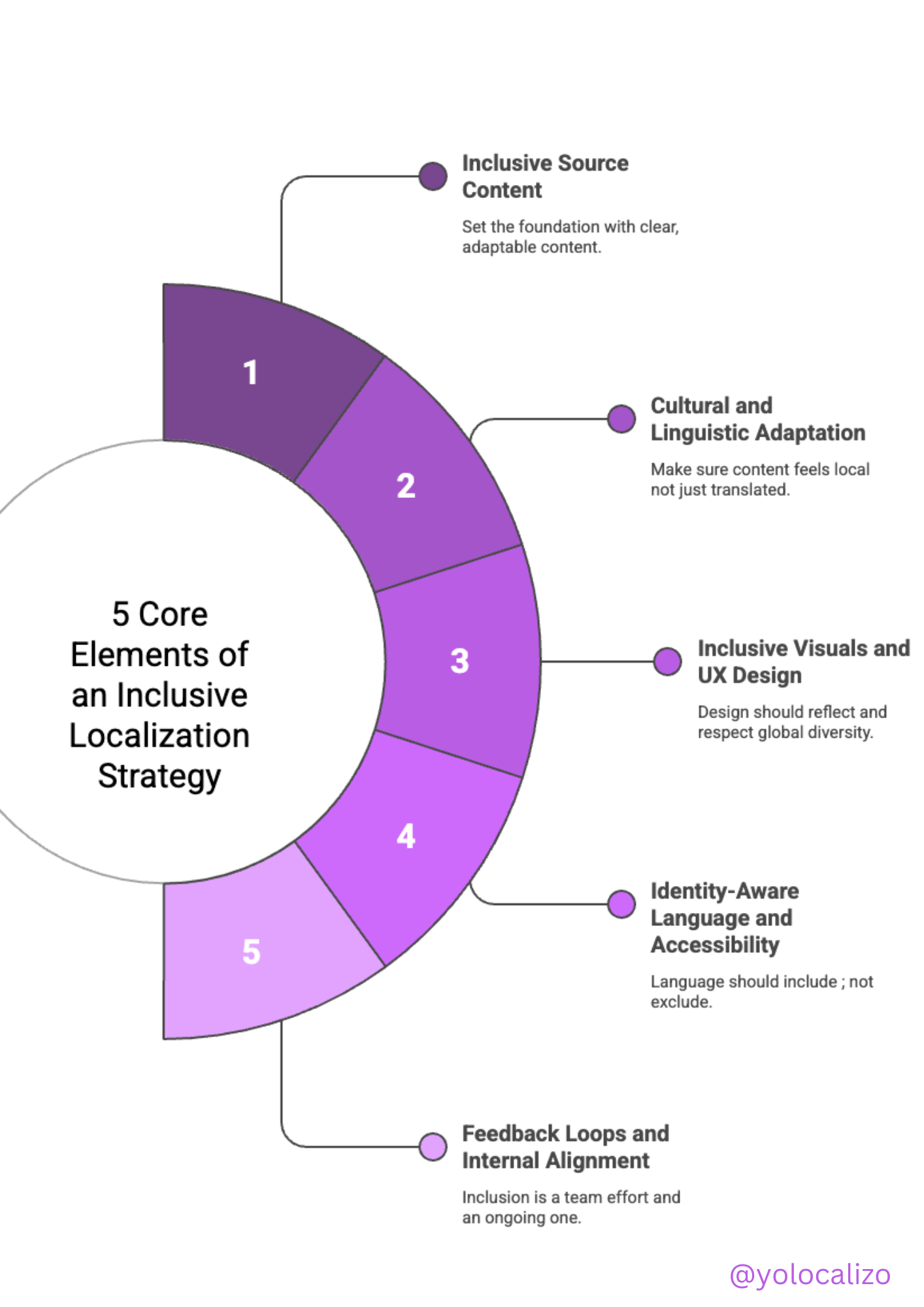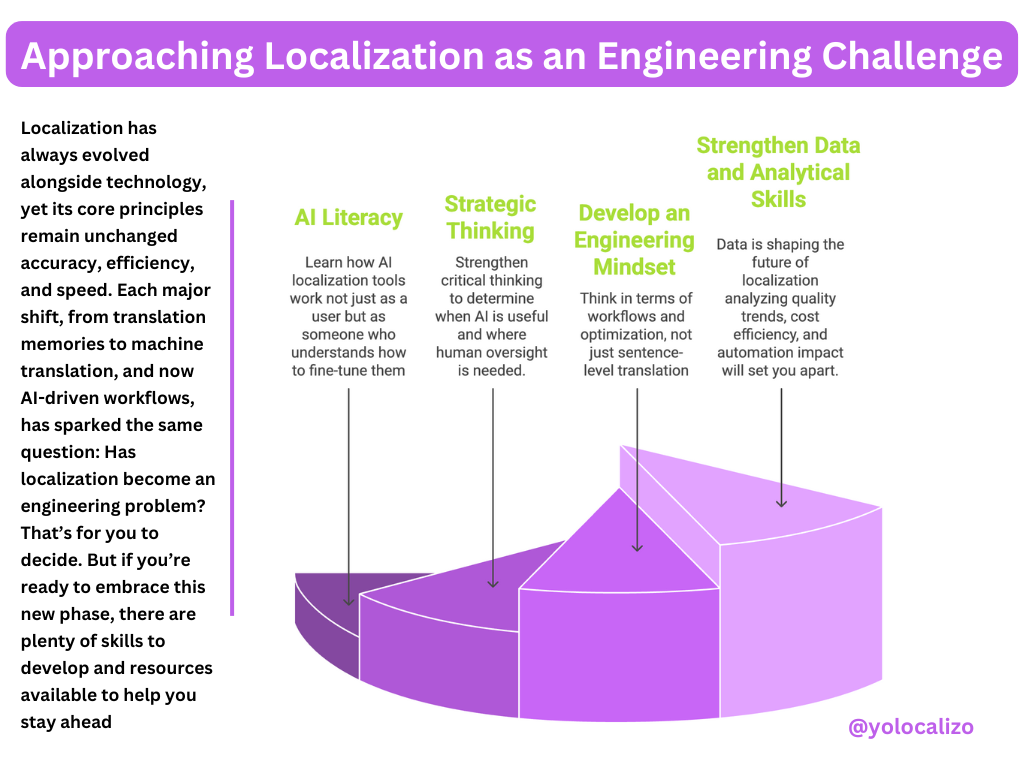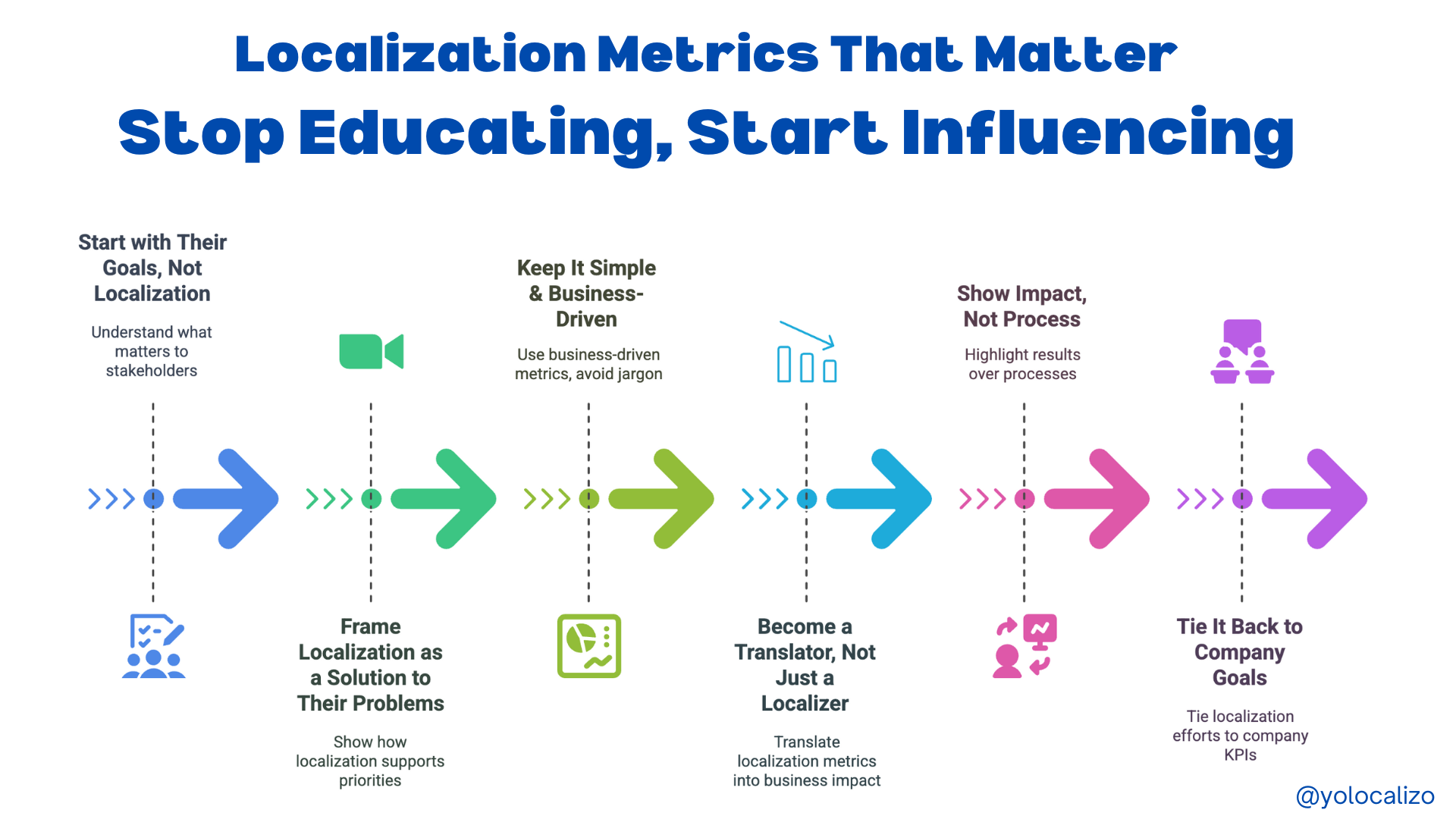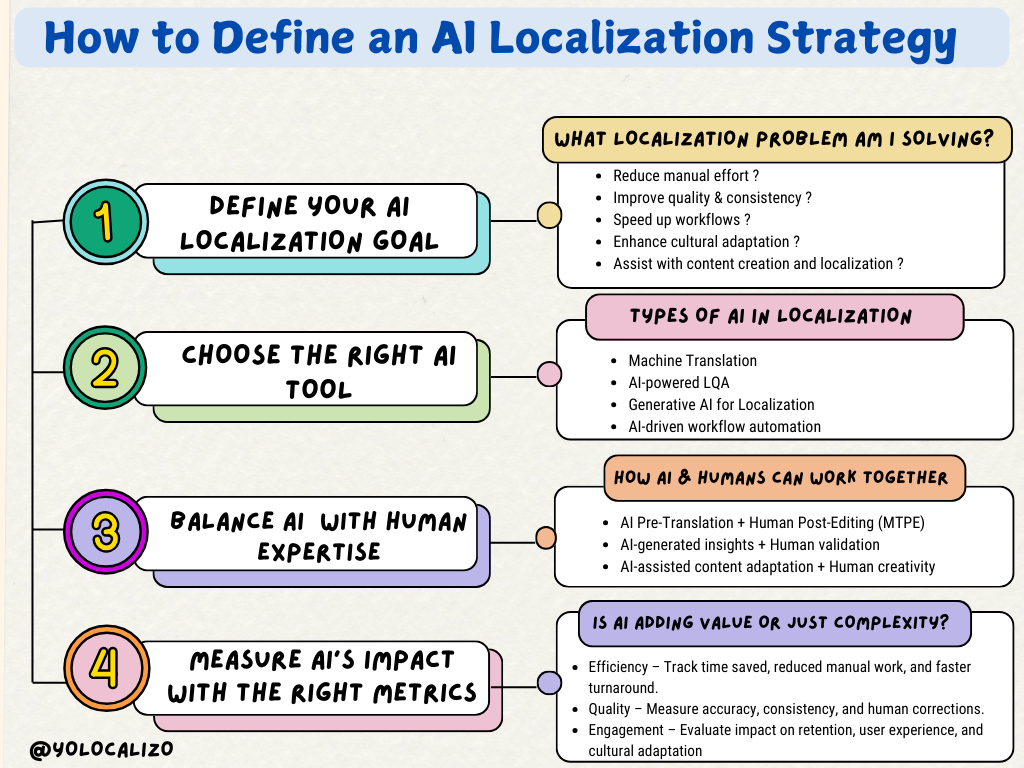Internationalization engineer Empowering possibilities through innovation!
My oldest son is 16 years old and is now in that phase of his school life where he is beginning to have to consider certain decisions that may determine his future to some extent. The first is whether he wants to opt for a baccalaureate more focused on science and mathematics or humanities.
Sometimes I ask him what kind of jobs he is interested in, but he is not sure about it; apart from "sushi" tester (he loves it!), he doesn't seem to have a clear vocation yet. However, he likes computers; since he was a kid he has been programming in Scratch. So I usually tell him that a job related to AI programming, or Data Analytics, or being a hacker (preferably on the good side) would probably serve him to have many job options in a few years. In general, those roles that require programming skills are usually in high demand; all this means that it is quite unlikely that we have a Miguel Junior ☺️ dedicated to Globalization/Localization unless he is dedicated to one of the most specialized positions in the Localization industry.
Internationalization (I18N) engineer.
Despite the industry's maturity in recent years, this role is still relatively unknown and one of the most difficult to recruit.
Sometimes industry peers or head-hunters contact me to ask me if I know of any I18n Engineer that I can recommend to them as they are immersed in a selection process and need to build a pool of candidates to carry out a quality selection process. And the truth is, I can rarely recommend someone open to considering a job change. A good I18n Engineer is a rara avis; they have particular skills and very niche knowledge. That combination makes them a very coveted piece in the puzzle of the Globalization world.
In the following paragraphs, I want to delve deeper into what kind of work these "unicorns" do, what skills are needed and how someone can be trained in this particular industry area.
What do they do?
An I18n engineer is often the first point of contact when starting a localization process, either taking care of documentation, file preparation, etc., or organizing localization workflows.
This is just the entry point of a Localization Engineer, the trigger of a series of tasks that will be taken care of as the project progresses.
Here is a summary of the most common tasks faced by an I18n engineer in his day-to-day work.
Project Preparation
Gathering all resource files that contain text to be localized
Validate and isolate content to be localized
Run pseudo localization activities as necessary
Identify images that have text for localization and separate that text to be localized
Testing the build environment and setting up all the software required to compile the localized product
Assist Stakeholders
Assist translators if they have questions or need help troubleshooting with a tool (i.e. questions about tags, TM alignment, exporting...)
Work with stakeholders to ensure product business decisions are aligned with i18n best practices
Workflows Optimization
Merge or split TMX files
Clean up (and maintain) a translation memory (TM)
Cook multilingual glossaries to import in multilingual terminology databases
Optimize language assets (glossaries, termbase, and style guides)
Preparing TMs for MT training
Write scripts and automation tools when needed
Build & Test
Ensure that all relevant content is translated, including metadata, alt texts, content embedded in code, etc.
Re-engineer files after translation (GUI resizing, syntax verification, etc)
Organize ongoing i18n testing, bug logging, and engineering.
What skills are necessary to become a good I18n engineer?
Regarding the skills needed to become an I18n engineering guru, from my point of view, there are two that stand out above the rest
They have to feel comfortable reading and modifying code in different programming languages. In the Project preparation phase, there will be many occasions where they have to modify scripts or write macros; thus, feeling comfortable in programming environments is a super important skill.
Great sense of curiosity and a mindset the ability to figure things out.
Are there any studies that help you to train as an I18n engineer?
When I started in this industry, it was simply a utopia that there were studies related to how to be a localization engineer; fortunately, now things have changed, and there are resources available for those who are curious about the intersection between language, culture, and engineering work.
One of the most prestigious courses is the one offered at the University of Washington where for ten weeks, students have the opportunity to learn more about areas such as:
- Major principles of UA and UI localization engineering
- Issues connected with globalization and localizability
- Localization and terminology management tools
- How to handle tagged file formats
- Translation memory concepts and terminology
Another educational option that, although it does not reach the level of depth and expertise taught in the University of Washington is the Localization Essentials course. This course does not go into much depth on internationalization tasks, but being a free course supported by Google's Localization team is worth a look.
In Summary
I doubt that my son will work as a localization engineer, even though he is interested in programming at his early 16 years old. I don't intend to encourage him to do this; maybe with a Sepulveda in the localization industry is more than enough 😬, but if at some point he would consider it, I think he could do well because i18n engineers, to provide high-quality service they must have a good combination of coding knowledge, curiosity, problem-solving and communication skills to do their job well. And all those skills are precious, and that's why they make the job of Localization engineering an essential position in the localization industry, a very demanded job, and with a clear contribution to have a positive impact on the quality delivered
I hope you found this article helpful, and in case you were not very clear about the work of the most exotic role in the industry, I hope it has become more evident after reading this post.
Have a nice week
@yolocalizo















Before jumping on the AI bandwagon: What localization problem are you trying to solve? AI is everywhere right now, including in localization.
But before jumping on the bandwagon, we need to stop and ask:
Are we solving the right problem?